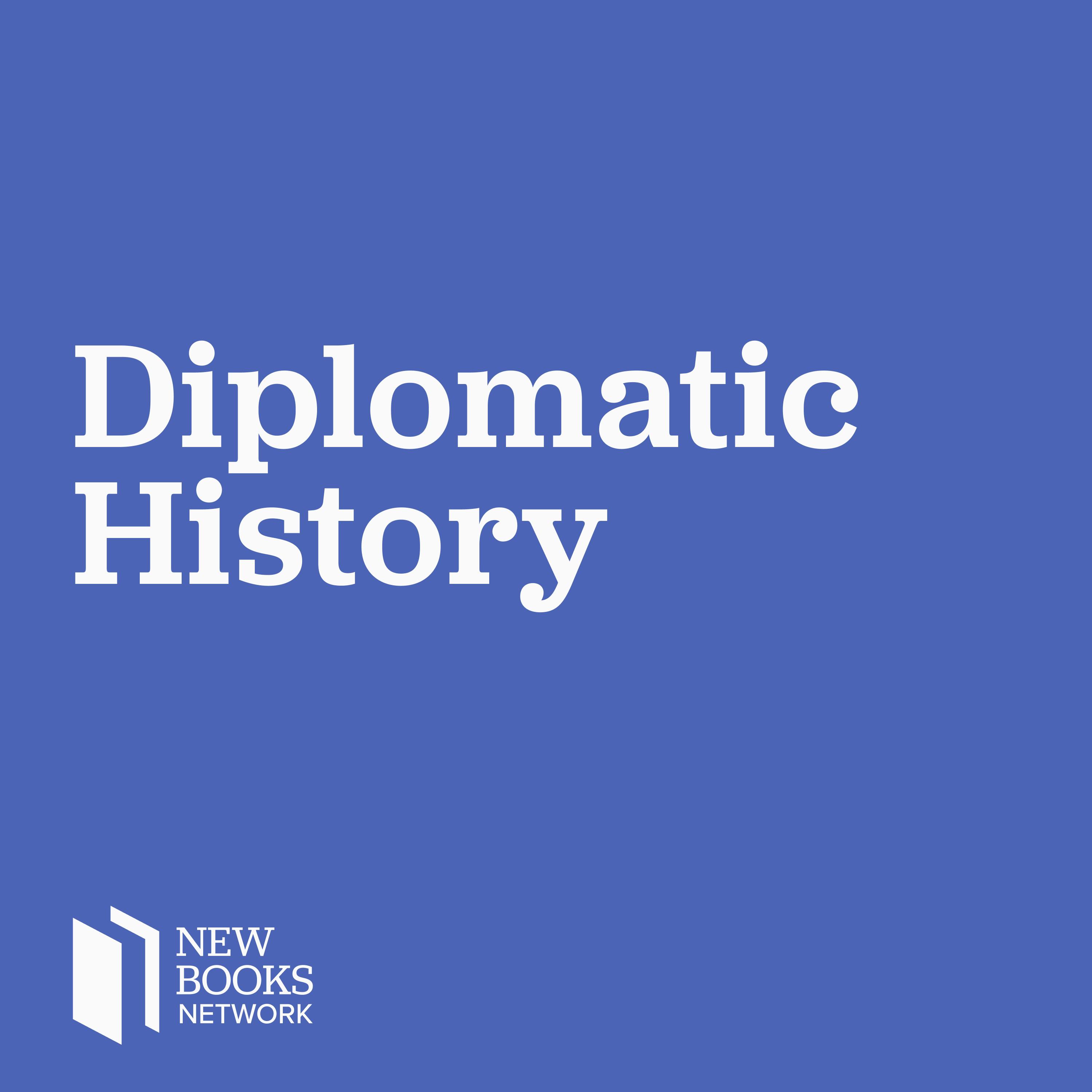Donald Stoker, "Purpose and Power: US Grand Strategy from the Revolutionary Era to the Present" (Cambridge UP, 2024)
Description
In our interview, I spoke with Donald Stoker about the changes in American grand strategy over the past 250 years and the major themes from his new book: Purpose and Power: US Grand Strategy from the Revolutionary Era to the Present (Cambridge UP, 2024).
Across the full span of the nation’s history, Stoker challenges our understanding of the purposes and uses of American power. From the struggle for independence to the era of renewed competition with China and Russia, he reveals the grand strategies underpinning the nation’s pursuit of sovereignty, security, expansion, and democracy abroad. He shows how successive administrations have projected diplomatic, military, and economic power, and mobilized ideas and information to preserve American freedoms at home and secure US aims abroad. He exposes the myth of American isolationism, the good and ill of America’s quest for democracy overseas, and how too often its administrations have lacked clear political aims or a concrete vision for where they want to go. Understanding this history is vital if America is to relearn how to use its power to meet the challenges ahead and to think more clearly about political aims and grand strategy.
The interview reflects the opinions of the author and not that of the US government or National Defense University.
Andrew O. Pace is a historian of the US in the world who specializes in the moral fog of war. He is currently a DPAA Research Partner Fellow at the University of Southern Mississippi and a co-host of the Diplomatic History Channel on the New Books Network. He is also working on a book about the reversal in US grand strategy from victory at all costs in World War II to peace at any price in the Vietnam War. He can be reached at [email protected] or via andrewopace.com. Andrew is not an employee of DPAA, he supports DPAA through a partnership. The views presented are those of the author and do not necessarily represent the views of DPAA, DoD or its components.
Learn more about your ad choices. Visit megaphone.fm/adchoices
More Episodes
Published 11/07/24
In 1955, the leaders of 29 Asian and African countries flock to the small city of Bandung, Indonesia, for the first-ever Afro-Asian conference. India and its prime minister Jawaharlal Nehru played a key role in organizing the conference, and Bandung is now seen as a part of Nehru’s push to create...
Published 10/24/24
In the tense years of the early Cold War, American and Soviet women conducted a remarkable pen-pal correspondence that enabled them to see each other as friends rather than enemies.
In a compelling new perspective on the early Cold War, prizewinning historian Alexis Peri explores correspondence...
Published 10/24/24


